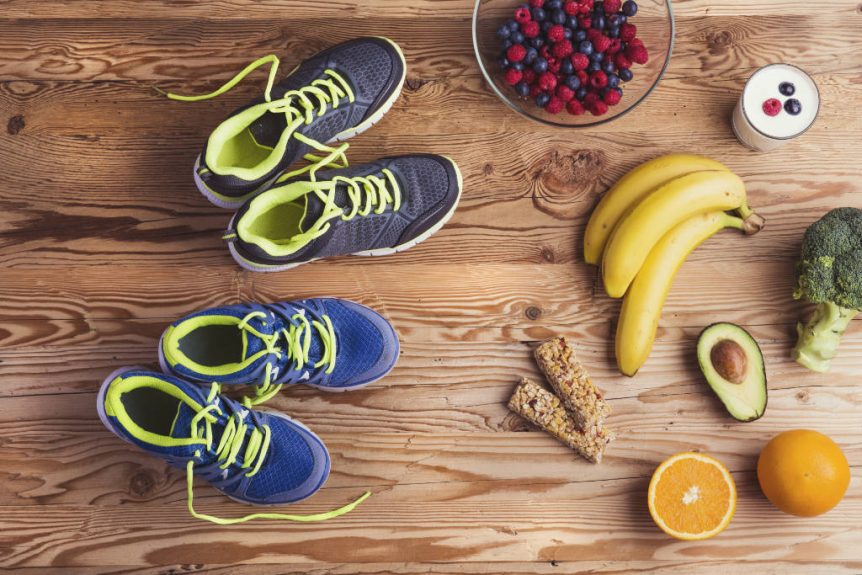Running a marathon needs a little more nutritional focus than running a 10k.
Once you hit the hour plus mark, carbohydrates become an important nutrition strategy:
- You are at risk of depleting your sugar (glycogen)
- Meaning this can result in fatigue and reduced performance.
Consuming carbohydrates in the form of an either a drink or food (jelly beans or gels) will provide you and your muscles with a ready supply of blood glucose – our instant energy source. This will stop you breaking down your stored glucose (glycogen) completely and will help you keep your mental tolerance going, reduce the onset of fatigue and fuel your brain function to keep you focussed.
However, how do you know how much you need and when?
There is a fine line in balancing under consuming and over consuming carbohydrates and fluids: Too much with too little fluid can cause:
- gastrointestinal discomfort and disturbance.
- Depleting stores of glycogen, so you can’t sustain your intensity
You should therefore be thinking about consuming 30-60g of carbohydrates per hour.
Experiment on how to do this during your trial runs after 60minutes.
- 2 gels per hour = 50g of carbohydrate
Or equivalents:
- A banana
- Granola slice
- 2 Jelly beans or jelly babies every 20 minutes
- 400-800ml of a sugary squash or sports drink
Be careful with fluid balance
- It is better to drink little amounts often (every 15-20minutes) rather than big amounts in one go. This will mean less fluid retention, less need to urinate and decreases this risk of taking too much fluid on board
- Drink to your thirst and body’s sweat rate (if its hotter and you are working harder you will have increased thirst)
- Hypertonic gels can make you thirsty. Don’t take on more fluid than you need.
- Drinking little and often helps you absorb the gels better = more glucose for fuel
As your count down begins we’ll be here with more advice and that race day preparation!
Don’t change tactics on race day

